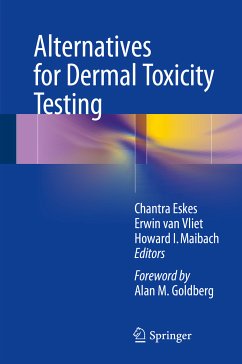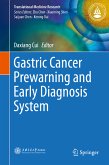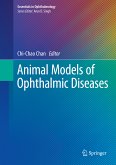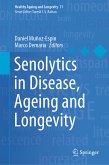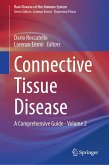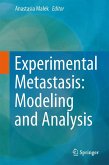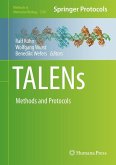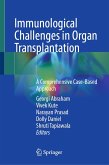Identifies the most suitable test method(s) for specific uses and endpoints
Describes the regulatory acceptance, protocols, performance, limitations, and applicability of each method
Explains the role of individual methods within testing strategies
Dieser Download kann aus rechtlichen Gründen nur mit Rechnungsadresse in A, B, BG, CY, CZ, D, DK, EW, E, FIN, F, GR, HR, H, IRL, I, LT, L, LR, M, NL, PL, P, R, S, SLO, SK ausgeliefert werden.

